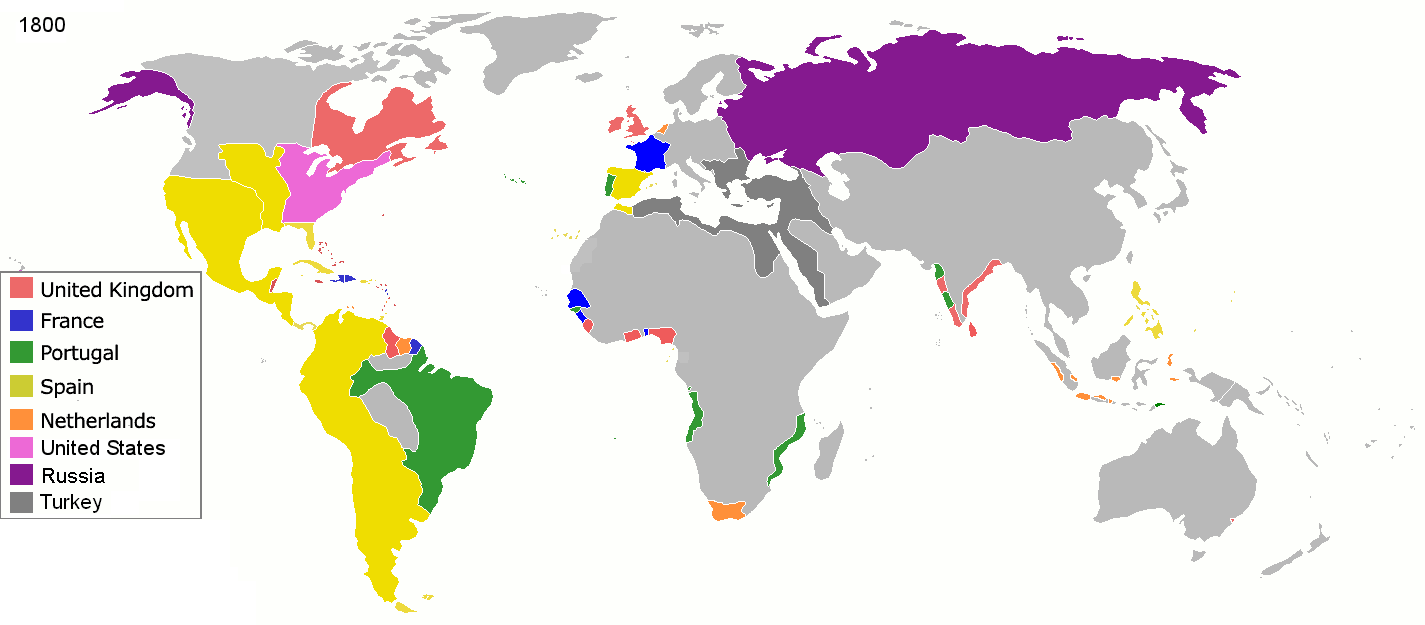Agent 1337
Chieftain
- Joined
- Apr 15, 2011
- Messages
- 81
Seriously, the Europeans sailed across the ocean in 1492 and colonized the Americas (prior to 1492 actually, if you count the Vikings), but they couldn't colonize the continent directly below them until 400 years later? That doesn't make sense, the only reason I can think of is that the great Ottoman Empire kept them at bay. But seriously, why did it take them so long?
1800

1914

1800

1914

 And many African possessions did eventually became valuable (Rhodesia for minerals, French Africa for manpower, and so on). It was still part of the argument that led to colonisation, and in the mid-20th century it became a central part of the argument for those in favor of keeping the colonies, and even more so after World War II when there were grand plans to use African resources for rebuilding in Europe and bind the colonies more closely economically and politically with the metropolis.
And many African possessions did eventually became valuable (Rhodesia for minerals, French Africa for manpower, and so on). It was still part of the argument that led to colonisation, and in the mid-20th century it became a central part of the argument for those in favor of keeping the colonies, and even more so after World War II when there were grand plans to use African resources for rebuilding in Europe and bind the colonies more closely economically and politically with the metropolis.